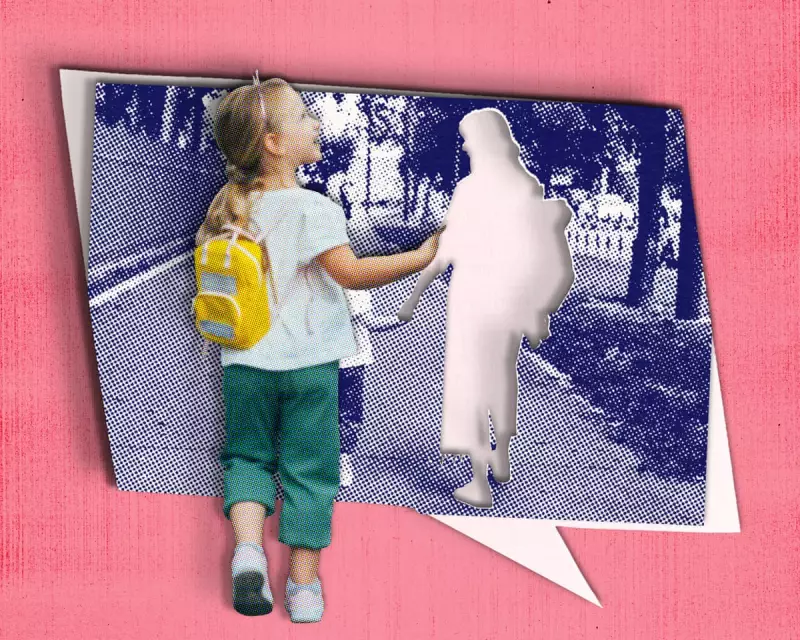
In a landmark ruling that could reshape family law perspectives, a senior judge has offered a revolutionary interpretation of birth mother rejection cases that challenges decades of established legal thinking.
The extraordinary case centres on a woman who made the agonising decision to reject her newborn child, a choice that would typically be viewed through a lens of moral judgement and psychological failure. Yet Mr Justice Peel's groundbreaking analysis presents a profoundly different narrative—one of courage and maternal love.
Beyond Conventional Wisdom
Traditional family court proceedings have often approached birth mother rejection with predetermined assumptions about maternal instinct and responsibility. This ruling dismantles those conventions, suggesting that sometimes the most loving act a mother can perform is recognising her inability to provide adequate care.
The judge's perspective reframes rejection not as abandonment, but as an act of profound responsibility—a recognition that another family might offer the child greater stability and emotional security.
The Human Element in Judicial Reasoning
What makes this ruling particularly remarkable is its deeply human approach to complex emotional circumstances. Justice Peel acknowledged the extraordinary courage required for a mother to make such a heartbreaking decision, especially amidst societal pressure and biological attachment.
The judgement carefully distinguishes between cases involving genuine concern for the child's welfare and those where rejection stems from less altruistic motives, demonstrating nuanced understanding often absent in legal proceedings.
Implications for Future Cases
This precedent-setting ruling is likely to influence how family courts across England and Wales approach similar cases. It provides judicial permission to consider the positive aspects of what has historically been viewed as an unequivocally negative action.
Legal experts suggest this more compassionate framework could lead to better outcomes for children caught in emotionally complex situations, allowing for more nuanced assessments of what truly constitutes a child's best interests.
The ruling also opens important conversations about supporting birth mothers who make this difficult choice, potentially paving the way for improved counselling services and post-adoption support systems.
A New Paradigm in Family Law
This case represents more than just another legal decision; it signals a potential paradigm shift in how our justice system understands motherhood, responsibility, and the complex realities of adoption.
By acknowledging that rejection can sometimes be an act of love, the courts may be developing a more sophisticated, humane approach to one of family law's most heart-wrenching dilemmas—one that better serves children, birth parents, and adoptive families alike.





